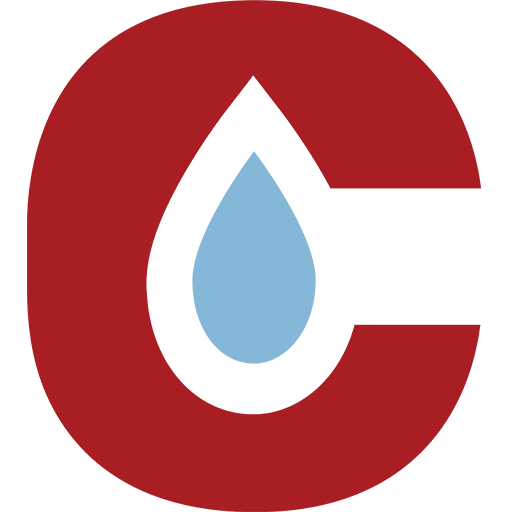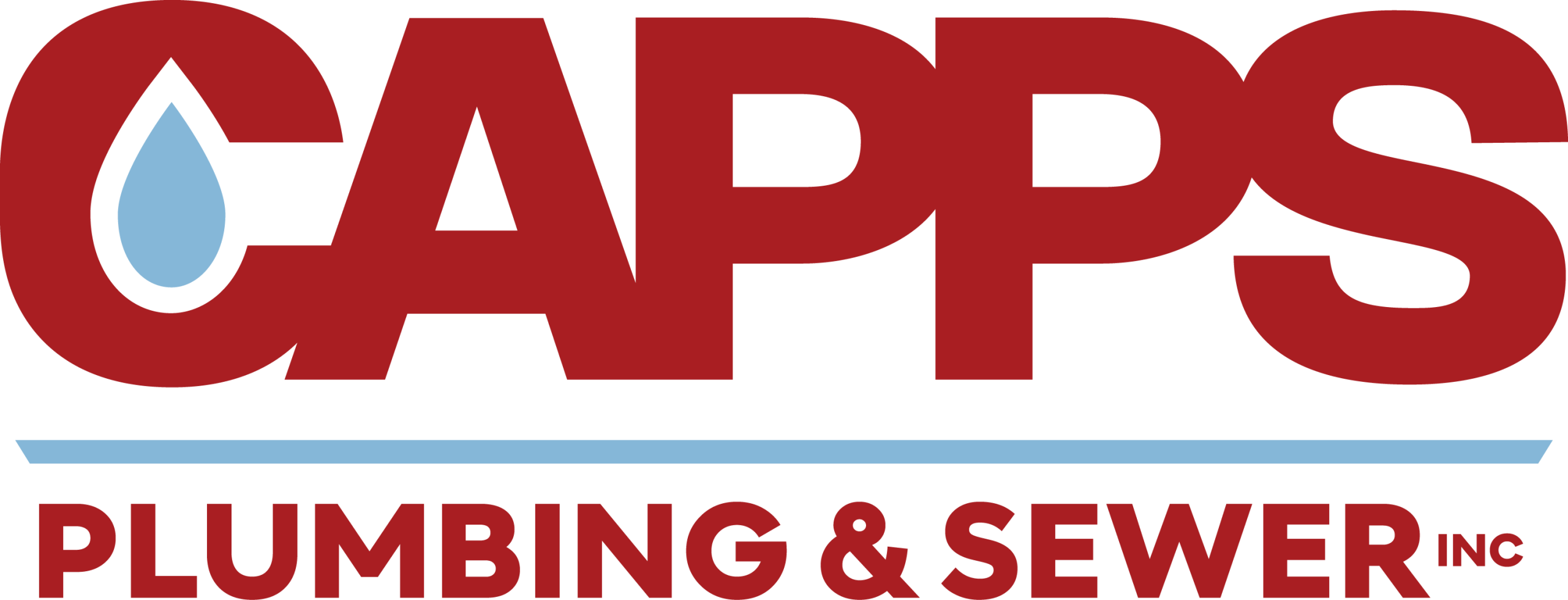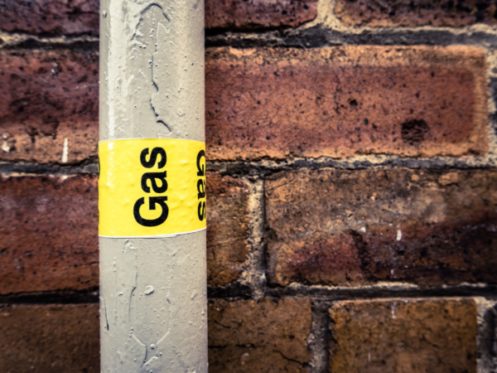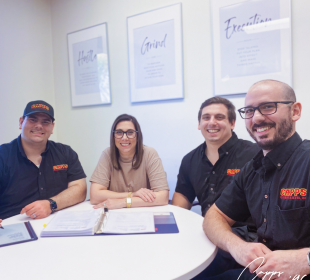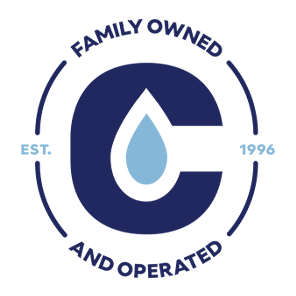According to the American Gas Association, over 73 million residential, commercial, and industrial premises in the United States use natural gas. It is highly flammable, and gas leaks increase the risk of fire and explosion.
When installed and used correctly, natural gas is safe and convenient. Unfortunately, gas leaks can occur and lead to physical symptoms or even carbon monoxide poisoning in people and animals.
Signs of a Gas Leak
Common signs of a gas leak include:
- Foul odors like sulfur or rotten eggs
- Hissing or whistling sound near a gas line
- White or dust cloud near a gas line
- Bubbles in puddles in the yard
- Damaged gas pipe
- Dead houseplants
- Higher than normal gas bills
Physical Symptoms of a Gas Leak
Symptoms of a gas leak occur due to the reduction in the amount of oxygen in the air. Common symptoms include:
- Breathing difficulties
- Dizziness
- Fatigue or drowsiness
- Feeling lightheaded
- Flu-like symptoms
- Headaches
- Irritation to the eyes and throat
- Mood changes, including depression
- Nausea
- Nosebleeds
- Pains in the chest
- Pale skin or blistering, following direct contact with gas
- Reduced appetite
- Ringing in the ears
How Gas Lines are Damaged
- One of the most common causes of damage to gas pipes occurs during building renovation or construction. Since gas lines are embedded in the walls of buildings, construction equipment can break these lines.
- Another cause is the wearing down and corrosion of the lines. Rust deposits on the surface of the pipe often lead to corrosion.
- Weakened joint seals around the pipe also cause gas to leak.
What to Do if You Suspect a Gas Leak:
Do not use any electronic items in the house and leave the property immediately. Do not use a landline or cell phone while on the property. Once in a safe location, call your local gas company to report the leak. Once the gas company has tagged the leak, call your plumber immediately to set up an appointment for repair.
Why Do I Need to Hire a Plumber to Fix a Gas Leak?
Most people don’t think of gas pipes when they think of plumbing. However, there is a lot in common between piping for plumbing systems and natural gas. In fact, in most jurisdictions, it’s illegal for anyone to work on a pipe or appliance connected to a gas main unless they have a license to do so. Not only are professional plumbers the only people with the skill to do the job, but they are also the only people who are allowed to do the job. There’s a good reason for these leaking gas lines being serious health hazards. Make sure you stay safe and trust our licensed professional plumbers to handle all your gas piping services.
